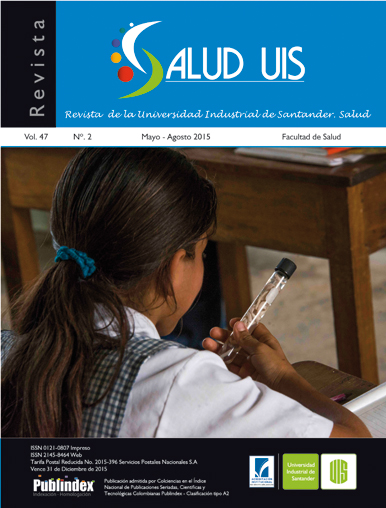Abstract
Objective: To understand the perception of regular physical activity and healthy eating among the older adults. Methods: This descriptive study (qualitative approach) included 36 older adults (69 to 91 years) residents in a rural community in southern Brazil. A semi-structured interview was used and the information were recorded, transcribed and interpreted (content analysis technique). Results: The following categories of analysis were identified: a) facilitators and barriers for the practising PA, b) benefits of regular PA, and c) healthy eating habits-consumption of food (beneficial and harmful for health). Facilitating factors were related to social interaction, motivation, willpower, practise enjoying, having company, and being encouraged. Barriers perceived were diseases, physical limitations, pain, lack of willingness and age. The PA benefits were wellbeing, pain reduction, increased willingness, treatment and disease prevention. Fruits, vegetables, vitamin D, calcium, and water were cited as important to health. The consumption of foods rich in fat and sugars was associated with the occurrence of diseases. Conclusion: Personal aspects, of coexistence and motivation, are factors cited as facilitators for the practise of physical activities, while the barriers are related to health, unwillingness, and age. Health promotion strategies may be multidisciplinary and should consider personal aspects, of coexistence, motivation and health. Strategies should focus on the benefits of regular PA and healthy eating.
Se autoriza la reproducción total o parcial de la obra para fines educativos, siempre y cuando se cite la fuente.
Esta obra está bajo una Licencia Creative Commons Atribución 4.0 Pública Internacional.
